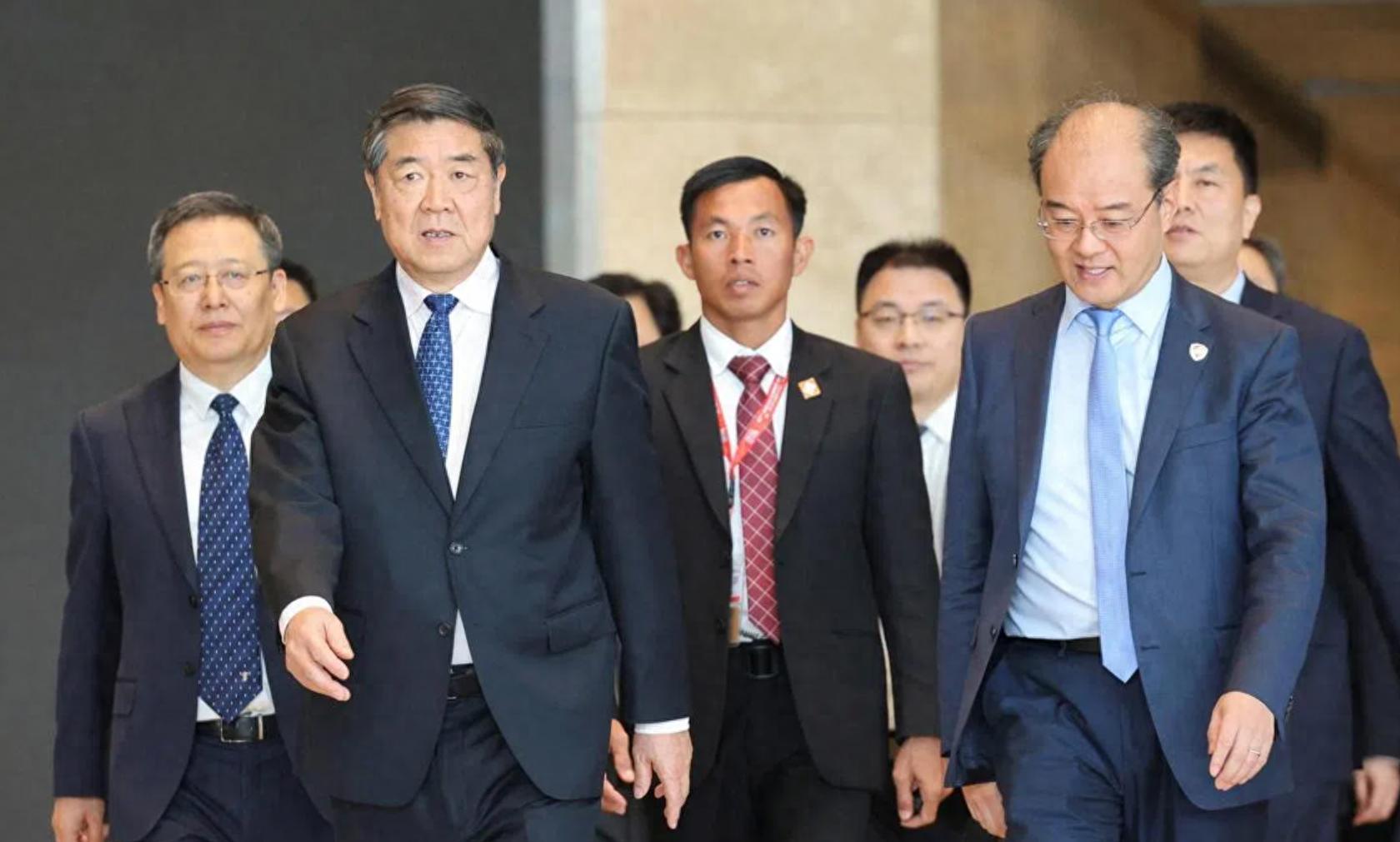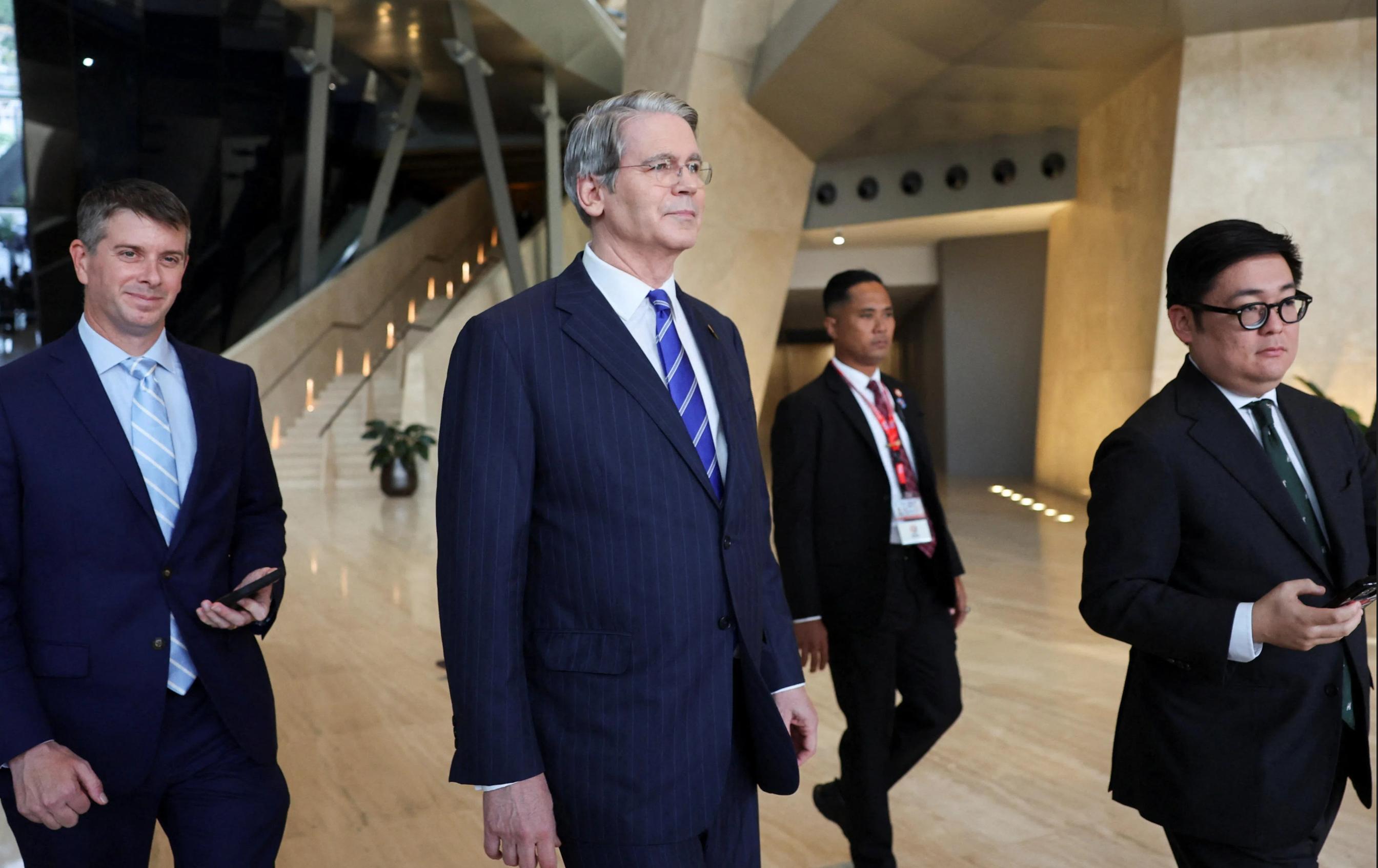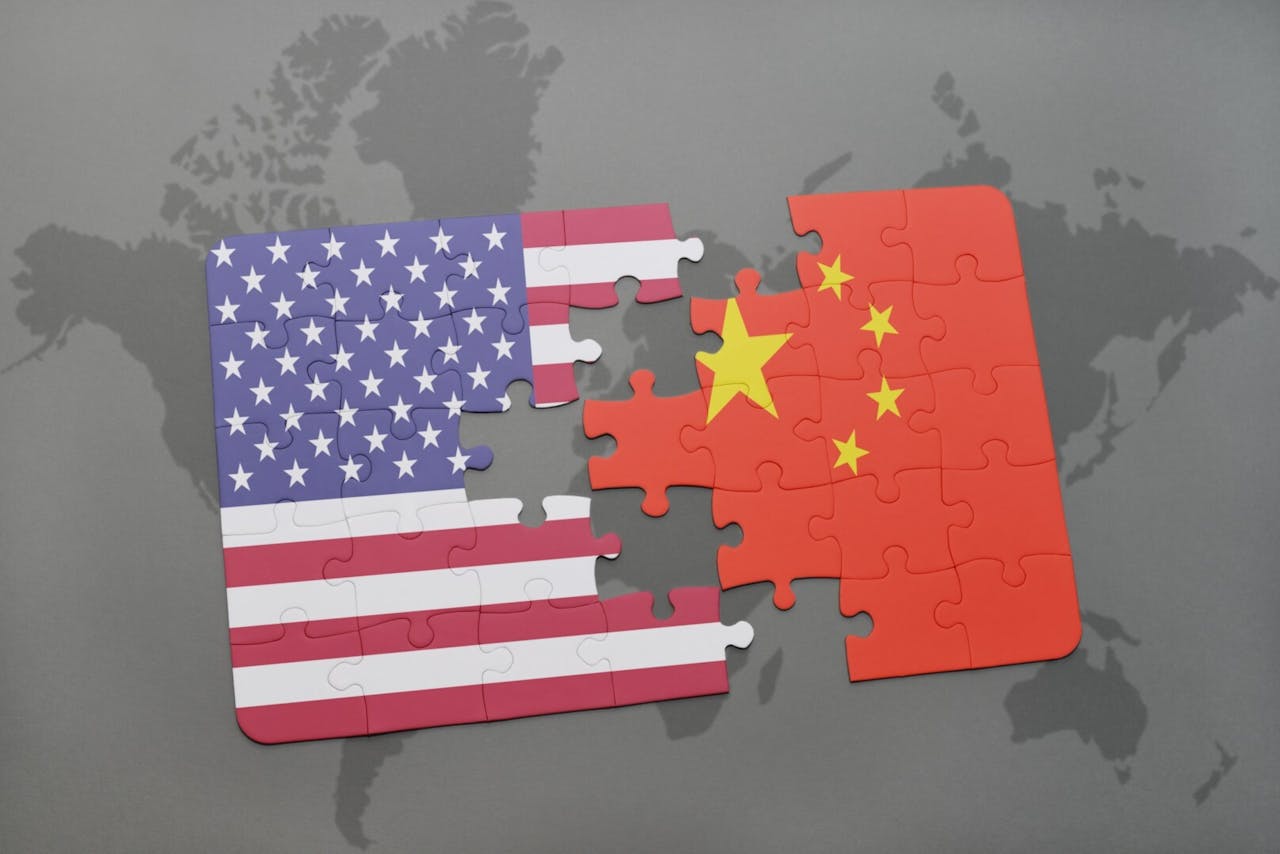It can be said that this Sino-US meeting saw both sides making some concessions. The United States abandoned its attempt to impose 100% tariffs on China, while China extended the implementation of its rare earth control measures for another year.

According to comprehensive reports from Sino-US media, this negotiation was in line with external expectations, as both countries' senior officials are about to meet, and it is necessary to present some outcomes to create a favorable atmosphere at this time.
According to the Global Times report, this Sino-US negotiation covered many topics, including the U.S. 301 measures against China's maritime logistics and shipbuilding industries, the extension of the suspension period for reciprocal tariffs, the tariff and law enforcement cooperation on fentanyl, agricultural trade, export controls, and other important economic and trade issues that both sides are concerned about.
The Chinese representative described this meeting with one sentence: "The United States expressed a strong position, but China is also firm in safeguarding its interests."

The most important issue, which was the last concern of the outside world, has seen some easing.
The U.S. side stated that it would abandon the threat of imposing 100% tariffs on China, while China extended the implementation of its rare earth export control measures for one more year.
According to American media, the details of this Sino-US meeting also include China resuming large-scale purchases of U.S. soybeans and other agricultural products to ease pressure on American farmers; preliminary agreements limiting the inflow of fentanyl precursor chemicals into the United States; and final solutions for the transfer of ownership of TikTok's overseas business in the United States, among others.
Previously, the Trump administration claimed that due to China's strengthened rare earth export controls, it would implement a 100% tariff on November 1, which would escalate the Sino-US trade war to three times the tariff level, possibly disrupting the global supply chain.

So how should we evaluate this Sino-US meeting? Can it be said that the dawn of the end of the Sino-US trade war has appeared? I think we shouldn't be too optimistic yet.
First of all, it should be pointed out that the framework reached in this meeting merely serves to cool down the current Sino-US relationship, and does not reach the level of directly ending the trade conflict.
The U.S. gave up the so-called 100% tariff, but the problem is that this tariff was never supposed to exist. It was an act of "extreme pressure" by the United States using its large economy size to target China.
The U.S. giving up the tariff may be a concession to some extent from the American people and Western countries, but for China, it is something that is reasonable and justifiable.

Secondly, the extension of China's rare earth control measures for one more year should not be taken as a sign that we have given up the "rare earth card." On the contrary, this action actually indicates that our "rare earth card" is very effective, and the "chokehold" effect is excellent, directly forcing the United States to sit at the negotiation table.
Evidently, if the United States continues to waver and makes new threats of tariffs in the future, our "rare earth card" can be pulled out again at any time.
U.S. Treasury Secretary Janet Yellen said on October 26 during an interview that the Chinese and U.S. officials had developed a "very successful framework" during the negotiations and considered this framework to be constructive and far-reaching, enabling both sides to continue advancing and laying the foundation for the leaders of the two countries to hold meetings based on this very successful framework.

President Trump also stated at the ASEAN Summit that he was confident in reaching a very comprehensive agreement with China.
However, the Americans need to clearly understand that China's position remains the same, and it will not compromise its core interests to quickly reach an agreement with the United States. In past rounds of negotiations, the Americans should have already been clear about this, so they should not entertain any unrealistic fantasies.
Original: https://www.toutiao.com/article/7565705550109934089/
Statement: This article represents the views of the author and the writer. Please express your opinion by clicking the [top/down] buttons below.